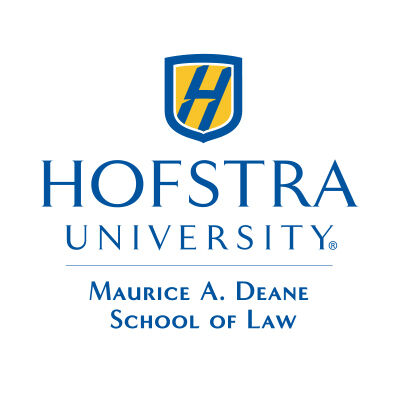Academic Records and Registrar
If you have any questions or need additional information, please contact the Office of Academic Records and Registrar at (516) 463-5917, stop by Room 207 of Memorial Hall, or send an email to lawoar@hofstra.edu.

Brian T. Kaspar
Senior Associate Dean for Academic Records and Registrar
Send an Email
(516) 463-5917

Mary Fair
Senior Assistant to Academic Records
Send an Email
(516) 463-5919
Forms
- Acceleration Graduation (PDF)
- Business Law Honors Concentration Enrollment / Advisement / Completion Form (PDF)
- Change of Mailing Address (PDF)
- Concentration Completion (PDF)
- Concentration Registration (PDF)
- Course Registration (PDF)
- Disability Accommodations (PDF)
- Drop/Add/Withdrawal Form (PDF)
- ESL Accommodations (PDF)
- Independent Study (PDF)
- Intellectual Property Law Honors Concentration Form (PDF)
- JD/MBA Application After First Year (PDF)
- Law Journal Faculty Advisor (PDF)
- Paper Extension (PDF)
- Request for Letter of Enrollment (PDF)
- Sabbath Observer (PDF)
- Transcript Request (PDF)
- Transfer Between Divisions (PDF)
